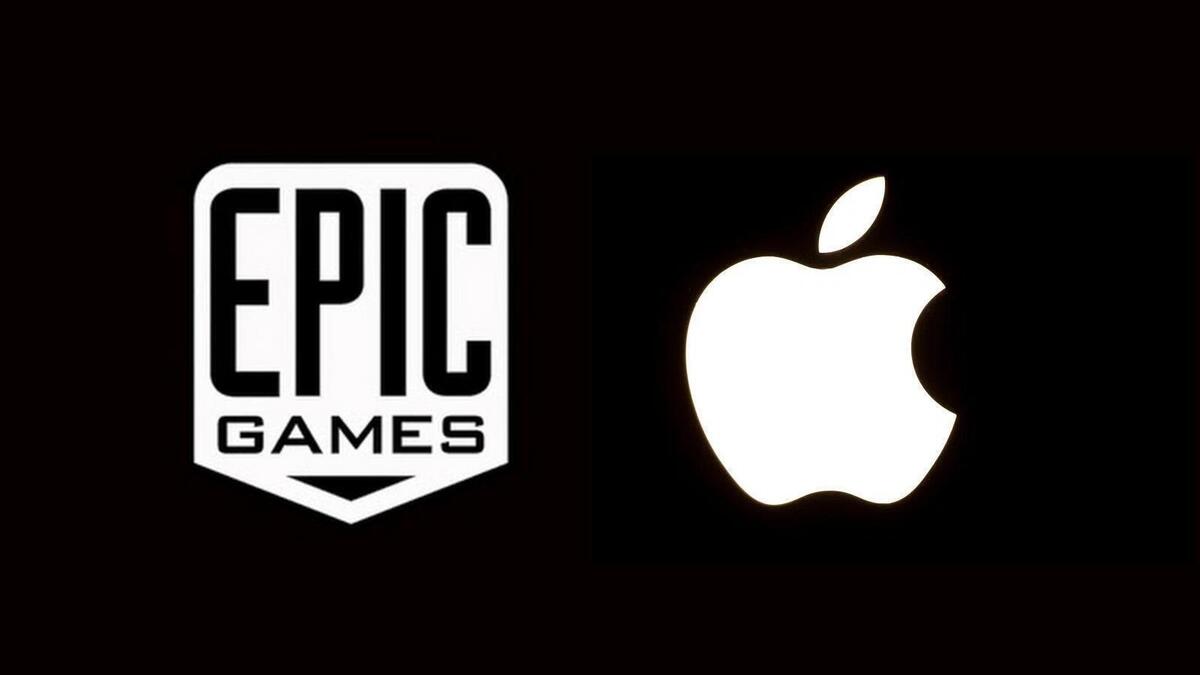
Citing the Digital Markets Act (DMA), the European Union (EU) has requested “further explanations” from Apple regarding its decision to close down the developer account of Fortnite publisher Epic Games. Apple says it does not trust Epic, citing the game developer’s history of untrustworthy actions.
This is bad news for Epic, which had hoped to launch its own Epic Games Store on iOS in the EU now that Apple has been forced to open up to third-party stores there.
But perhaps Apple has a point.
When friends become enemies
Apple fans will likely know the background story: Epic kicked off a wave of investigation, litigation, and complaint against Apple’s App Store business practices. By doing so, it broke its developer agreement and installed an external payment system within its app, which it knew Apple would reject.
These moves were all pre-planned; the moment Apple evicted the errant developer, Epic sued and launched a well-financed, heavily planned litigation and publicity campaign against the so-called “Apple Tax.”
It began legal action against Cupertino in multiple nations (most of which failed) and arguably put in action forces that culminated in the EU’s Digital Markets Act, which requires Apple to support third-party app stores and payment systems on its platforms.
Trust is essential to business
Now with the DMA on its side, Epic planned on launching its own games service on iOS. And while it has publicly continued to slam the “Apple Tax” Cupertino wants from third parties offering such stores, it assured Apple it wouldn’t violate its App Store rules this time.
Apple shut its account anyway, saying it couldn’t trust Epic.
What all this comes down to is that over the last few years Epic has cost Apple a great deal of time and trouble. Epic CEO Tim Sweeney has become a voluble critic of Apple, turning to what could be considered quite emotive language in some of his posts.
Apple cites one post in particular, in which Sweeney continued to slam Apple as a “monopolist” as he continued to be loudly critical of Apple’s approach to honoring the EU law.
He has recently also accused Apple of “malicious compliance” with the DMA and said its recently revealed plans for third-party store in Europe are “hot garbage.”
As well as continued taunts around that “Apple Tax,” he has also accused Apple of charging junk fees. (For reference, most developers on Apple platforms pay around 15% to Apple, while those on Fortnite’s money-losing games store pay around 12% at this time.)
Apple’s seeking certainty
Following the Epic leader’s most recent round of Apple bashing, Apple Fellow Phil Schiller wrote him to request written assurance that Epic will honor its commitments under its new developer deal, citing Sweeney’s statements about the DMA and asking: “In plain, unqualified terms, please tell us why we should trust Epic this time.”
Sweeney responded that he and his company were “acting in good faith.”
Apple didn’t consider the response credible, and terminated the developer account, calling the company “verifiably untrustworthy.”
In doing so, Apple pointed out that courts have already agreed that Apple has the right to terminate “any and all of Epic Games’ wholly owned subsidiaries, affiliates, and/or other entities under Epic Games’ control at any time and at Apple’s sole discretion.”
Or is it monopoly?
Naturally, Sweeney’s gang returned directly to war-war rather than jaw-jaw mode, claiming the iPhone maker isn’t being fair and that its actions are attempts to eliminate what it likes to believe to be a “major rival” to the App Store.
This matter comes as Apple is forced to comply with the DMA and allow alternative App Stores. However, these events have opened Apple up to accusations that it isn’t fully complying with the spirit of the law.
That is what the EU is now investigating.
The EU incidentally fined Apple $2 billion at the beginning of the week over what I feel are at best unconvincing accusations concerning Spotify. Given that Margrethe Vestager, executive vice president of the European Commission, today published a fairly one-sided clip in which she promoted Fortnite on iOS; I think Apple legal may well want to file an information request to review existing emails between Vestager and Epic.
The latter has, after all, gone public with emails shared between Apple and itself.
Is there an end in sight?
Good business if you can keep it
For me, the only real truth here is that as a result of criticisms of Apple’s business practices, EU customers can now choose to give their money to a slew of competing digital service providers.
Inevitably, not all of these will be as good as the others and over time some will disappear; others will be exposed as malware distributors, and a wave of mergers and acquisitions will take place until ultimately there are only a very small number of available app stores. The direction of travel will continue to favor billionaires as the “trickle down” factor accelerates the trickle up.
But what’s open to question now is if it is reasonable for the EU to force Apple to do business with entities in which it has lost trust.
After all, if you didn’t trust a business partner, would you do business with them? And if not, why is Apple any different?
Please follow me on Mastodon, or join me in the AppleHolic’s bar & grill and Apple Discussions groups on MeWe.
